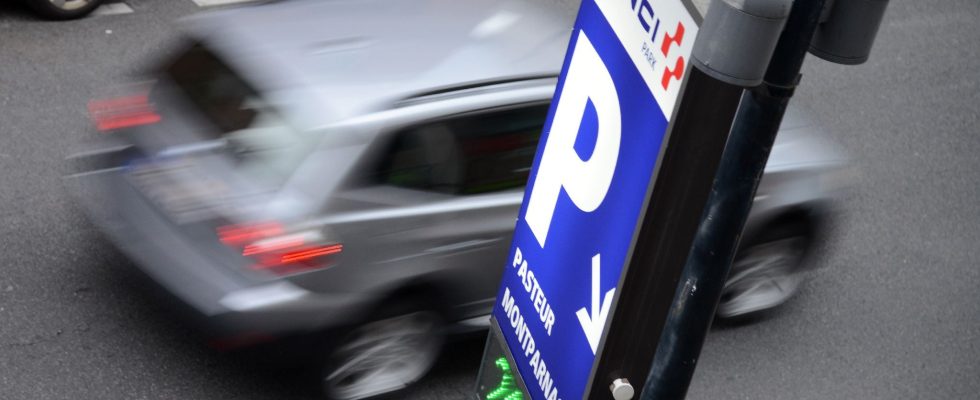“For or against the creation of a specific rate for the parking of heavy, bulky, polluting individual cars?” The question will be asked to the 1.3 million Parisian voters this Sunday, February 4, during a vote organized by the capital’s town hall and proposing the tripling of parking rates for tall and heavy cars.
Specifically targeted are SUVs – the English acronym for Sport Utility Vehicle – with characteristics combining “those of a passenger car with those of a utility vehicle”, and 4x4s. If the “for” side wins, the motorist whose thermal or plug-in hybrid vehicle exceeds 1.6 tonnes, or two tonnes for an electric vehicle, will have to pay 18 euros per hour for the central districts, 12 euros for the districts. exteriors.
A priori, only visitors will be affected by this new rate, and not “Parisian residents and sedentary professionals parked in their authorized parking zone, taxi drivers in dedicated stations, craftsmen, health professionals” and people disabled, indicates the town hall.
Described as an “aberration” by the NGO WWF, SUVs require more materials for their manufacture, consume 15% more fuel and emit 20% more CO2 than a sedan. This is why the ecologist Lyon town hall also took up the subject by planning to set up a “progressive rate with three incentive categories” in June, a principle valid for residents and visitors alike.
From militant actions to financial sanctions
Launched almost twenty years ago, the fight against this type of vehicle goes beyond French borders. They were also one of the targets of Labor London Mayor Ken Livingstone when he introduced a congestion charge in 2003 to limit access to the city centre.
According to The Guardian, CO₂ emissions from SUVs would amount to “nearly 1 billion tonnes for the year 2022”. Thus, as the British magazine reports, “the emissions of the 330 million SUVs in circulation were equivalent to those of Germany and the United Kingdom combined last year”.
From New Zealand to the United States via Italy, SUVs and other 4x4s are also in the sights of activists who have been tracking these vehicles for several decades. With a common goal: to deflate their tires. In 2007 in Sweden, a group called the “Indians of the urban jungle” immobilized 1,500 of them, before putting an end to the operation when winter came, because the roads had become too tricky. The following year, Volvo saw its local SUV sales fall by 27%, without us really knowing if there was a causal link.
Another option: the financial sanction imposed by certain municipalities or regions. In Washington DC, in the United States, the amount of the registration tax for SUVs (over 2,700 kilos) has been seven times higher than for a sedan since last October. New York State is also considering applying vehicle registration fees based on weight, citing a road safety issue.
In Canada, in the trendy Plateau-Mont-Royal district of Montreal and the nearby county of Rosemont-La-Petite-Patrie, parking sticker prices are now indexed to the weight of the vehicle. And in the German city of Tübingen in the state of Baden-Württemberg, it is also 50% more expensive to park an SUV than a standard vehicle.
